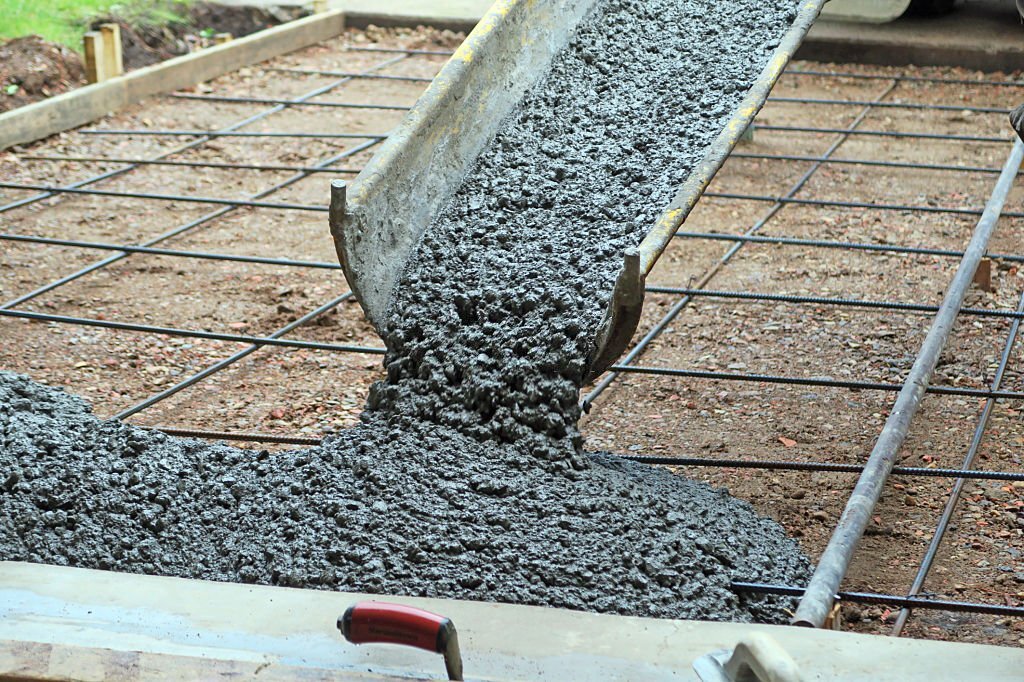The thickness of your Concrete Driveway depends on how heavy the load will be and your soil conditions. If you’re laying a slab, it’s best to use a thicker subbase than a thin one. It will also help with drainage. Here are some tips to determine the appropriate thickness for your driveway. You’ll also want to consider your budget. A thicker subbase will provide better support for the concrete.
One way to reduce the risk of cracking is to create control joints throughout your Concrete Driveway. Each joint should be approximately 1/4 the thickness of the slab. Control joints should be placed every 1.5 inches to prevent random cracking. Make sure you use control joints every ten feet. You can also install drains under the concrete driveway to divert water away from it. After installing your concrete driveway, you should plan for its finish operations. These steps will ensure your driveway’s beauty and durability.
When preparing to pour your Concrete Driveway, it is essential to decide what thickness is best for your project. Generally, driveways are built with four to six inches of concrete. If your driveway supports a larger, heavier vehicle, it should be thicker. In addition, the slope of your Concrete Driveway should be about a one-eighth inch per foot. The thickness of your Concrete Driveway also depends on its intended use. A concrete driveway will be a practical addition to any home in a residential home.
A concrete driveway is a durable, attractive option that complements any landscape and building layout. In addition, a concrete driveway will last twenty to twenty years without needing to be maintained. This type of driveway will also require hard labor, so choosing a paving contractor who knows what to do is essential. For example, use a concrete driveway manufacturer that uses quality ready-mixed concrete. Thousands of manufacturers produce quality concrete.
The strength of concrete is 32 MPa, and your Concrete Driveway may crack and need to be resurfaced if you live in harsh weather. Concrete will need to be degreased occasionally, but it can be repaired. Over time, however, the concrete will break down and need to be replaced. However, if you’re happy with your driveway for the foreseeable future, it will likely last for years. This is an excellent investment for those who want to have it for a long time.
Another advantage of Concrete Driveway is its durability. The best part of concrete is that it can be customized with unique designs, vibrant colors, and textures. While asphalt is cheaper, it needs resurfacing every three to five years, so you should consider concrete if you’re a busy family. You can choose a more expensive driveway if you’re looking for a lower maintenance option. It would help if you also kept in mind that concrete is more durable than asphalt. Moreover, you’ll have more money in your pocket because it will not need to be repaired or replaced.



